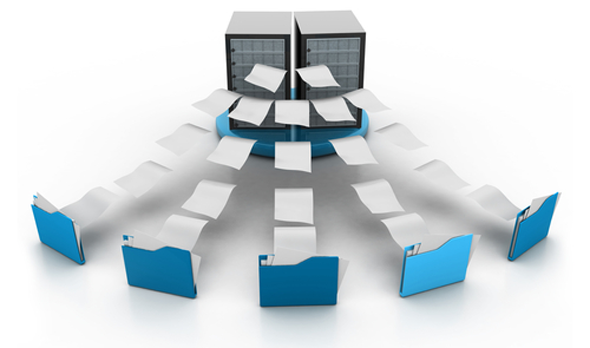Cloud computing has been the greatest and fastest development in the Internet sphere for the last couple of years. Global SaaS software revenues are now being predicted to be over $106B in 2016, growing 21% overestimated 2015 spending levels.
In other words, the cloud as a business model is doing well. And consumers like it.
With services such as Dropbox users have instant access to their data anytime, anywhere there is an Internet connection, whether they are on a desktop computer or mobile device. But not is all is rosy in the cloud garden.
The aforementioned Dropbox have had its fair share of problems during the last few years and other notable cloud services such as iCloud have had some major crises in the last year with the 2014 celebrity photo hack the most famous. The cloud computing movement suffers from the same issues that all trends suffer: people like to join in on the fun without fully understanding what it is.
What could you do if your cloud provider goes belly up? Protecting yourself against cloud computing’s issues will save you a lot of time and headache in the future.
Dangers of the cloud

One of the main dangers of using the cloud is that the cloud’s longevity is entirely outside of your control. It might be there today and gone tomorrow. Therefore, you should NEVER use a cloud as your only data storage location.
Yes, cloud storage is hailed as a revolutionary breakthrough when it comes to backups, and it can certainly be effective for users as long as they use it as a backup, but if the cloud goes down, your data goes down with it in a second.
Another reason to be vary of relying too much on the cloud is temporary cloud outages. Imagine when you want to work on that project of yours, and you realize that you can’t access your files in the cloud? Suddenly you have to wait for the cloud to come back up so you can access your files and continue your work. If you have local copies, you’re never at the mercy of your cloud’s reliability.
Privacy issues

Since someone else is holding all of your data, cloud services are naturally risky. Earlier we mentioned the possibility of losing your data if your cloud provider crashes, but there’s also the issue of data confidentiality. What happens if your cloud provider is hacked like it did in the case of the celebrity hack?
What if a rogue employee leaks their data –which is actually your data – if you store your company’s data in the cloud? The general conclusion is: don’t put your data on a cloud if you wouldn’t be comfortable with that data being exposed at some time in the future by some fault on the cloud providers side or a rouge hack.
How to protect yourself
So how can you protect yourself and your files better? Well you can make sure that any data you upload to the cloud isn’t sensitive or important. You can also store your data on several cloud providers’ services.
Make sure to use a physical backup copy. Here’s a good guide on how to choose your backup method.
Consider using services that makes you able to access your files while bypassing the cloud altogether. We here at ShareON are proud of our service where you can access all your media files on any of your devices from anywhere as long as you have an internet connection.
Store your media files on your PC/Mac and access them from anywhere. ShareON automatically finds the best connection between your devices so you don’t have to be limited by slow upload/download speeds from cloud providers.
With ShareON you can also easily send files to your friends, no matter which platform they use and how much you want to send to them. ShareON is totally free and you can try it here. Get back some of the power over your files with ShareON. Don’t upload anything anymore. Connect directly. Share instantaneously.
Conclusion
Cloud storage is convenient but it would be foolish to think it’s private. The benefit with the cloud is that you gain synchronization, anywhere accessibility, and lots of space without buying new hardware.
But you also relinquish control over your data to someone else, the storage provider can go belly up, corporate policy can change, storage security can be breached, data can be held hostage, company/employee(s) can sell the data, or a natural disaster can befall the storage facility.
To protect your files and yourself, use a service such as ShareON to keep your files to yourself.





